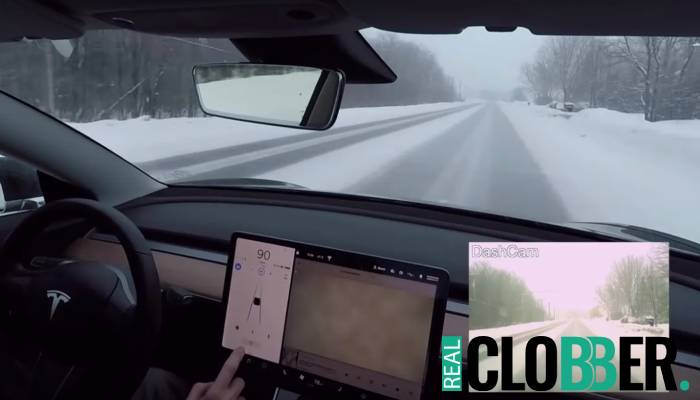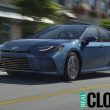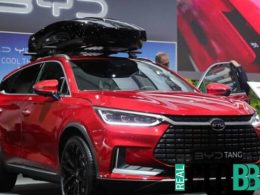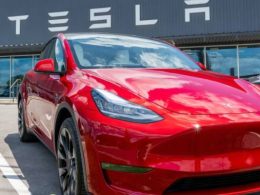A Florida judge found “reasonable evidence” that Tesla CEO Elon Musk and other executives knew the automaker’s vehicles had a faulty Autopilot system but still allowed the vehicles to be driven dangerously.
Judge Reid Scott of the Palm Beach County Circuit Court ruled last week that the plaintiff in a product liability lawsuit against Tesla could go to trial and seek punitive damages from the company for intentional misconduct and gross negligence. The order had not previously been reported.
The decision is a setback for Tesla, which earlier this year won two product liability trials in California over its Autopilot driver assistance system. On Tuesday, a Tesla spokesperson could not be reached for comment.
The Florida lawsuit stems from a 2019 crash north of Miami in which owner Stephen Banner’s Model 3 collided with the trailer of an 18-wheeler big rig truck that had turned onto the road, shearing off the Tesla’s roof and killing Banner. A trial scheduled for October was postponed and has not been rescheduled.
Scott determined that the plaintiff, Banner’s wife, should be able to convince jurors that Tesla’s manual warnings and “clickwrap” agreement was inadequate.
The accident is also “eerily similar” to a 2016 fatal crash involving Joshua Brown in which the Autopilot system failed to detect crossing trucks, causing vehicles to go underneath a tractor-trailer at high speeds, according to the judge.












